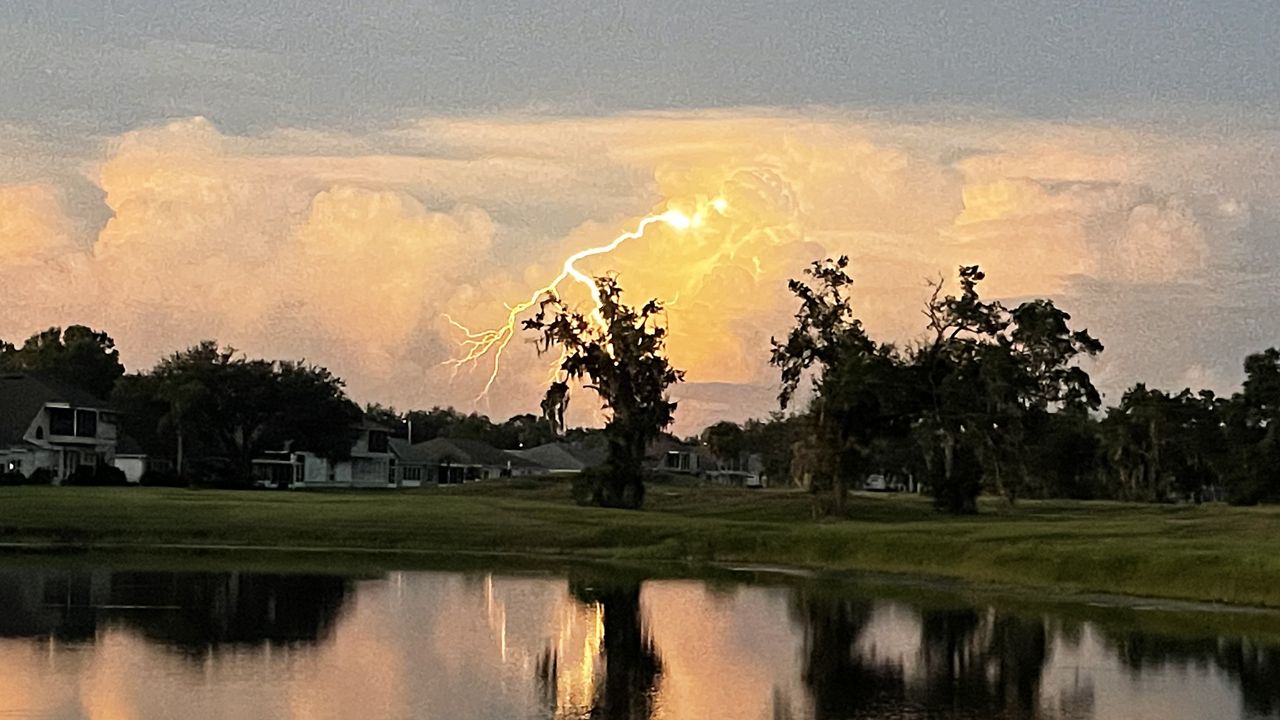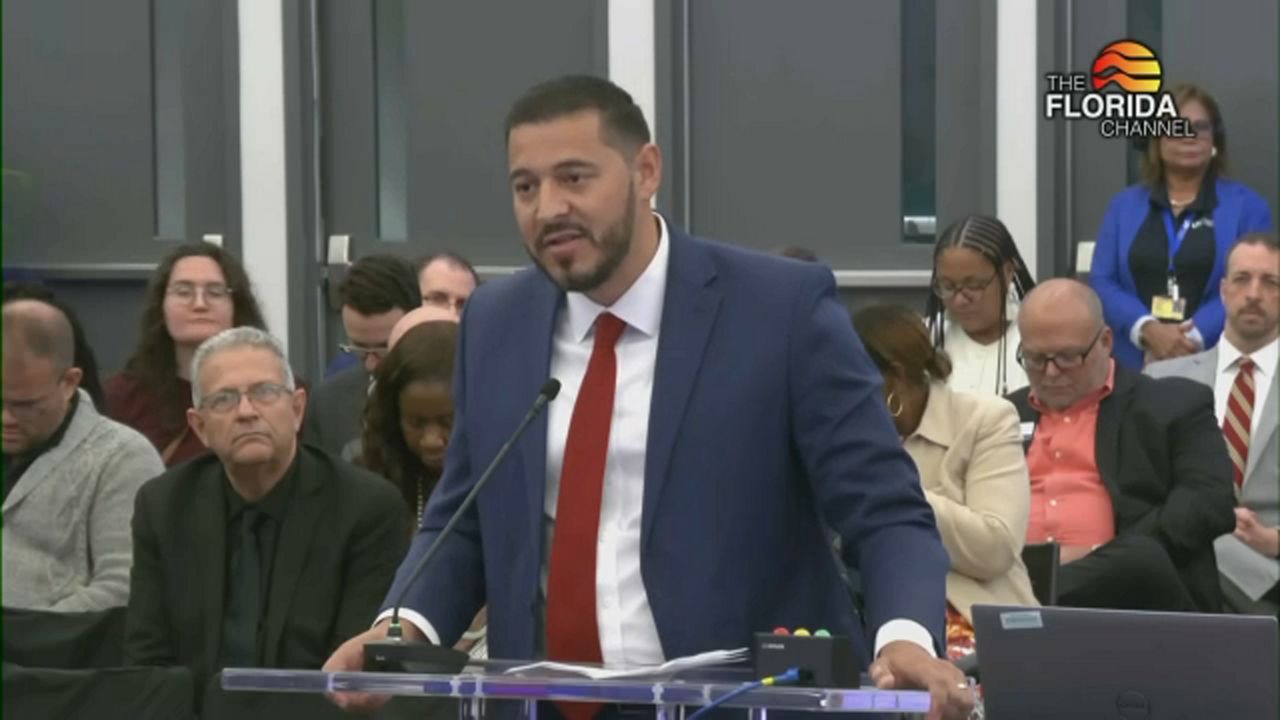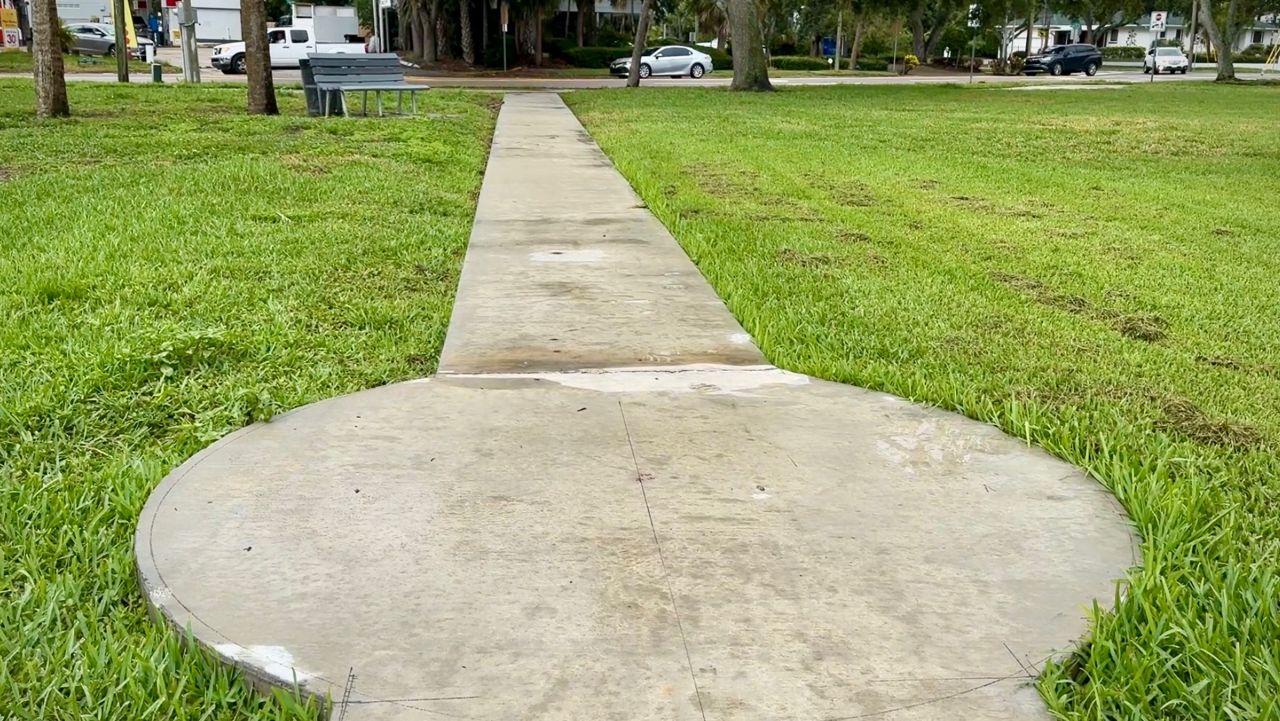ST. PETERSBURG, Fla. — June is PTSD Awareness Month, and advocates are focusing on ways to help raise awareness of treatment options.
What You Need To Know
- June is PTSD Awareness Month
- The focus is on raising awareness of treatment options
- A recent study shows there has been a 4.1% increase in cases among college students from 2017 to 2022
While summer semester gets underway on college campuses across the country, more college students are being diagnosed with PTSD. The research was recently released by JAMA Network Open. It suggests the prevalence of PTSD among college students increased significantly between 2017 and 2022.
According to the study:
- 4.1% increase in cases from 2017 to 2022
- 2017-2018: 3.4% of participants diagnosed with PTSD
- 2021-2022: 7.5% of participants diagnosed with PTSD
Shanya Turner, executive director of Holistic Student Services and Pre-college Success at St. Petersburg College, said unfortunately, she wasn’t surprised by the data.
“We’ve really seen an increase in most mental health diagnoses," she said. "And college students seem to be getting hit particularly hard."
The study suggests factors contributing to the rise could include societal and cultural concerns, pandemic-related stressors and effects of traumatic events like school shootings. Turner said SPC students echo those concerns, among others.
“I definitely think financial stress is one of the biggest ones that we’re seeing, especially here in the Tampa Bay Area,” she said. “I think everyone has seen what’s going on with inflation, cost of living and that kind of thing and our students are no different.”
Experts say the findings suggest the need for more prevention and intervention strategies.
“It’s not just always the school officials or leadership, a lot of times it’s policy makers and making sure that funding is available for these types of programs,” said Turner.
She said that while campuses like SPC offer a robust program to help counsel and connect students to resources, data like the recent study shows the need for campuses to bolster support and services.
“We have to continue to train our faculty and staff on trauma-informed care and understanding mental health when it comes to our students," she said. "We already do a lot of that, so it’s just continuing that work and making sure that we’re reaching everyone that we can."
If you or someone you know is struggling with mental health issues, the Suicide and Crisis Lifeline is available 24/7 at 988.








